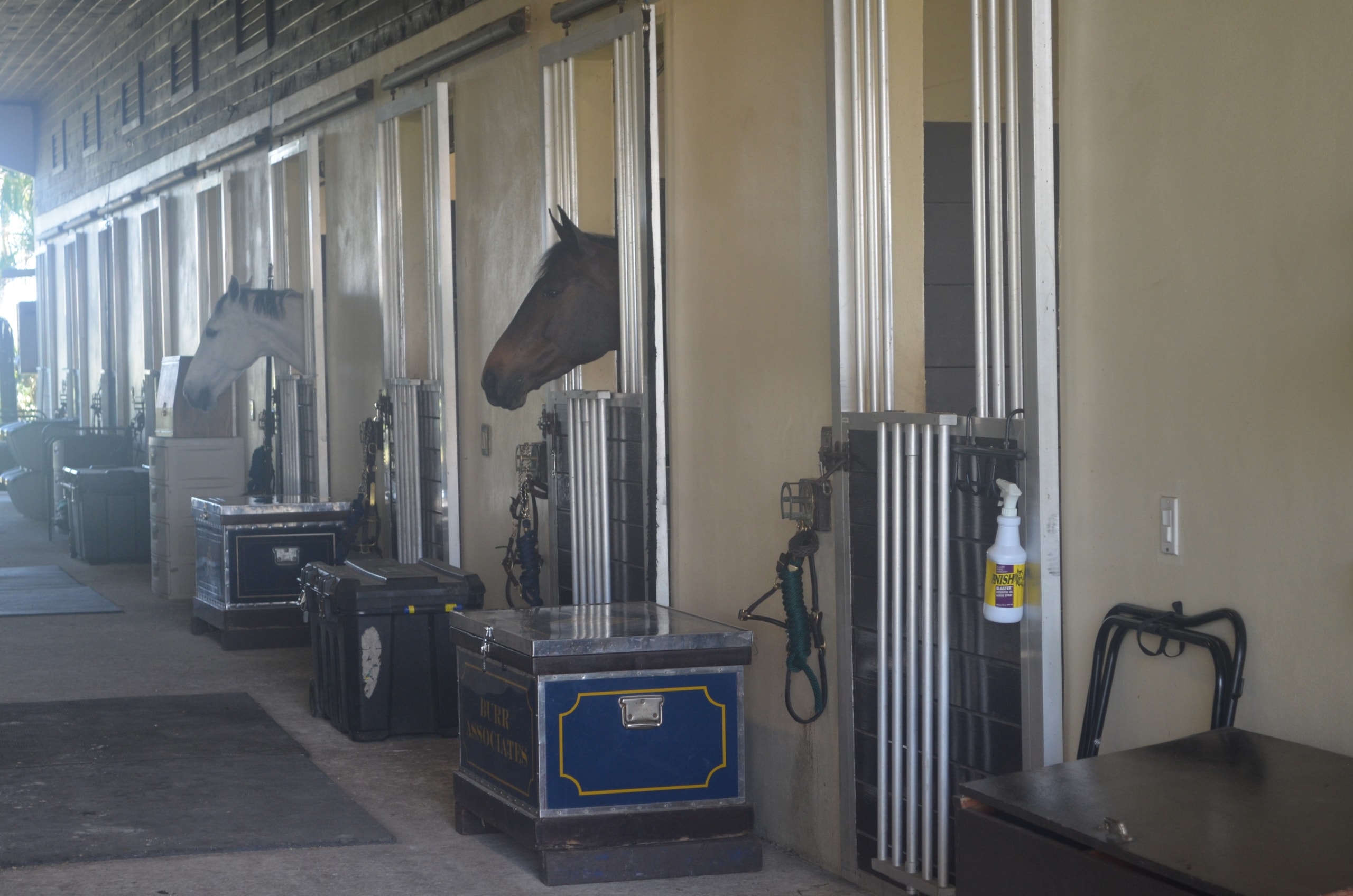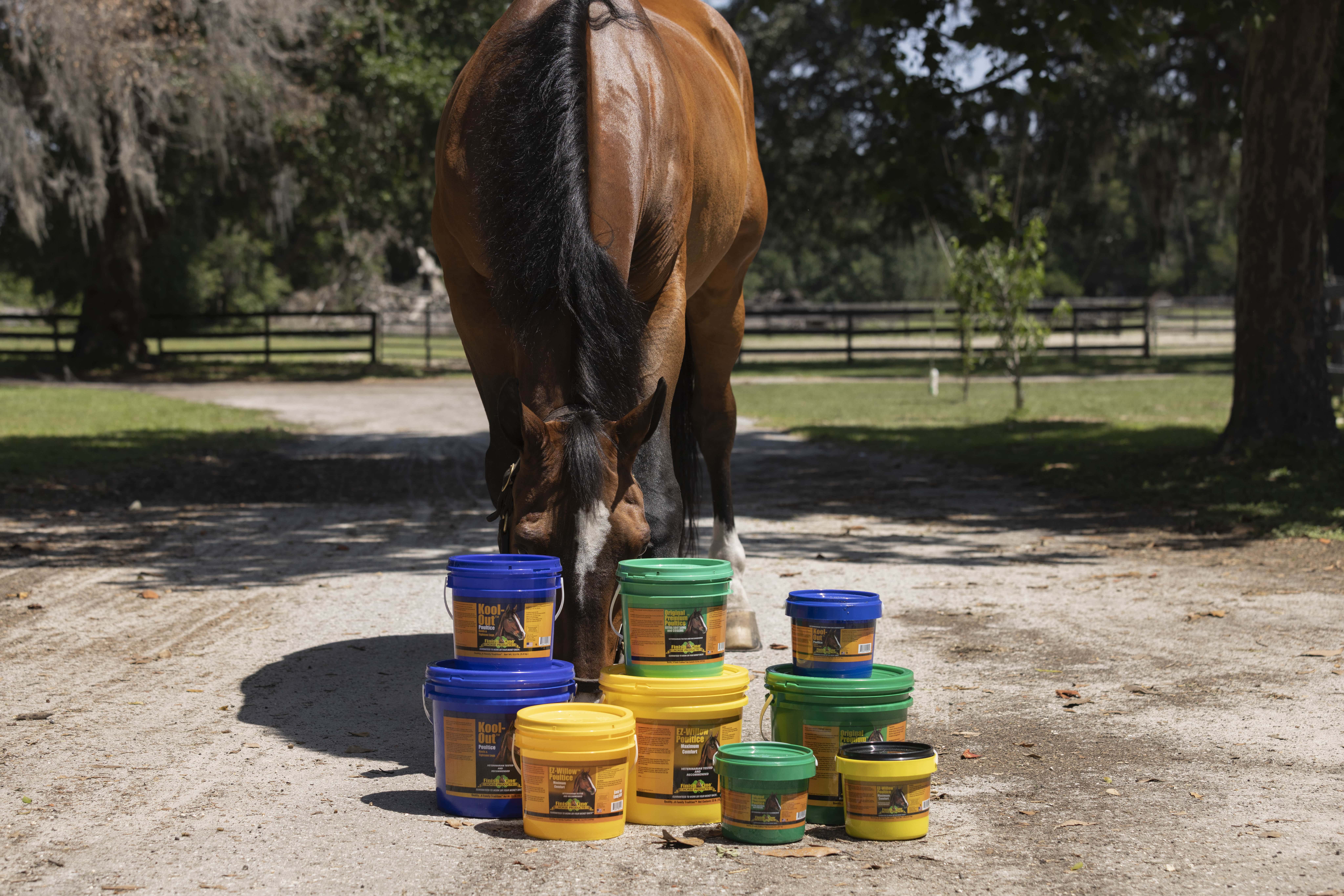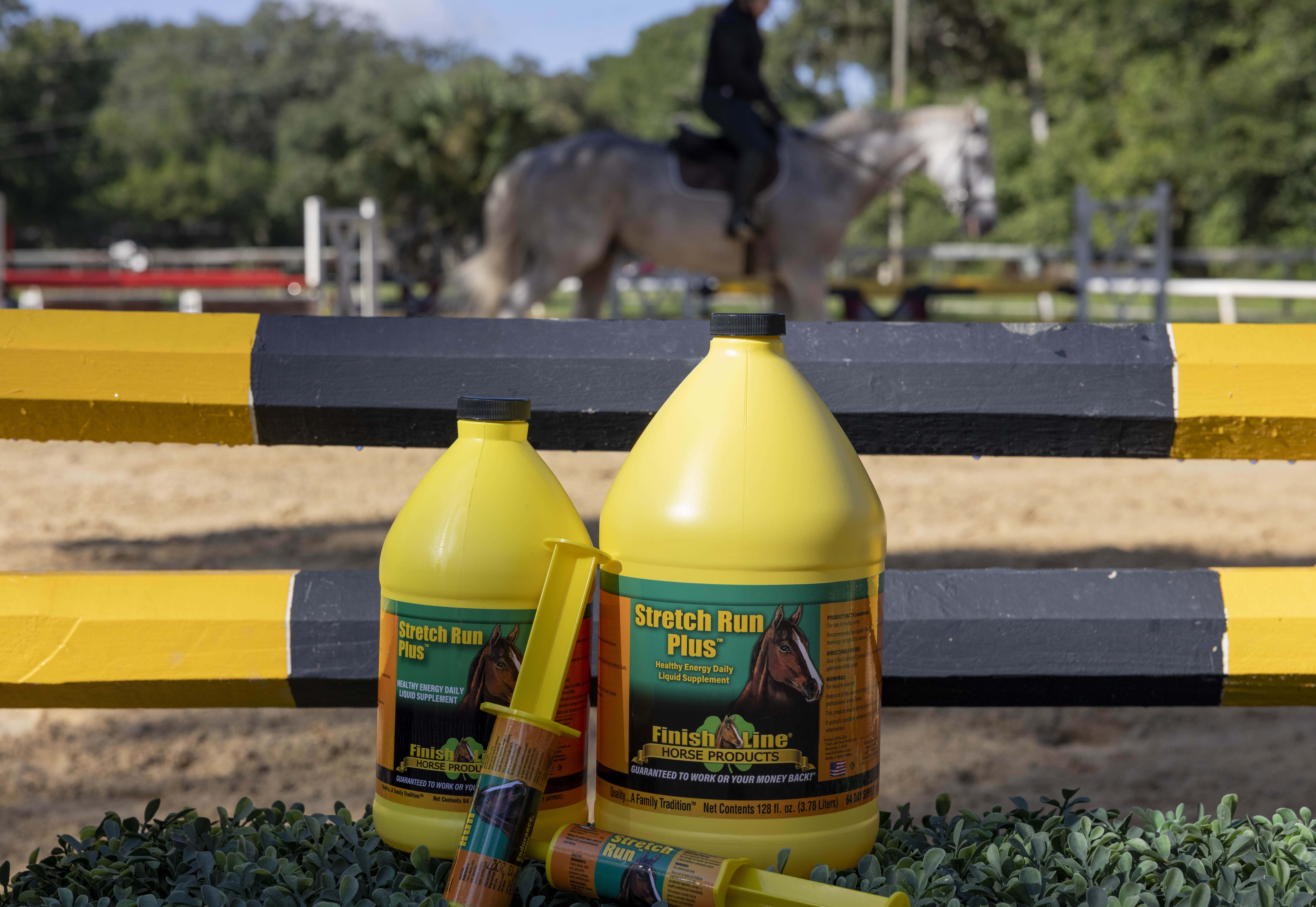Vaccines have been in-use for over 200 years (Jenner’s smallpox work, 1796), and we don’t doubt that they help prevent disease in most situations. Rarely, however, a vaccine can cause an adverse reaction in horses, dogs, cats, probably even humans. “Rarely” is great, so long as it doesn’t involve your family members, horses included! Vaccine adverse reactions vary from minor to very serious, and can be fatal.
Times are changing in the field of Veterinary medicine…Veterinary schools and associations are suggesting new, specific guidelines to help maximize vaccine safety. Let’s take a close look at some of these guidelines to see the important lessons they hold:
AAEP, or American Association of Equine Practitioners, updated their vaccination guidelines in 2008. These vaccination guideline documents are available at www.aaep.org. One of the pages is titled “adverse reactions”. Following is the text quoted from that page, link: http://www.aaep.org/adverse_reactions.htm, We added the highlighting:
“After receiving a vaccine(s) intramuscularly, some horses experience local muscular swelling and soreness or transient, self-limiting signs including fever, anorexia and lethargy. Severe reactions at sites of injection can be particularly troublesome, requiring prolonged treatment and convalescence. Systemic adverse reactions (such as urticaria, purpura hemorrhagica or anaphylaxis) can also occur. Other systemic adverse reactions have been anecdotally reported.”
Veterinarians should report adverse reactions to the vaccine’s manufacturer and the USDA Center for Veterinary Biologics at (1-800-752-6255) or through the agency’s Web site.
Vaccine lot and serial numbers should be noted in horses’ vaccination records. The ability to provide this information when reporting an adverse reaction will facilitate an investigation.
Adverse reactions are not always predictable and are inherent risks of vaccination. Therefore, it is recommended that horses not be vaccinated in the 2 weeks prior to shows, performance events, sales or domestic shipment. Some veterinarians may elect not to vaccinate horses within 3 weeks of international shipment.
Injection site selection should include consideration of potential adverse reactions. Injection in the gluteal muscles/hip region is not recommended, as gravitational drainage along fascial planes can be obscure. Should an abscess develop, considerable tissue damage can occur and result in eruptions in undesirable locations with lesions that require prolonged time to heal.
The interval from vaccination to scheduled event or a predictable risk of exposure should be sufficient for:
- Generation of a protective immune response to vaccination.
- Recovery from unexpected adverse vaccination reactions that might otherwise interfere with the horse’s performance or health prior to, or during shipment.
It should be recognized that:
- Administration of multiple vaccines at the same time may increase the risk of adverse reactions.
- Safety and efficacy data are not available regarding the concurrent use of multiple vaccines.
- Administration of MLV and killed vaccines in the same location is discouraged as adjuvants may inactivate the MLV.
Therefore, veterinarians may elect to use a staggered schedule when multiple products are to be administered.
Vaccines should always be administered by, or under the direct supervision, of a veterinarian, as the possibility of adverse reactions (including anaphylaxis) exists with the administration of any vaccine.”
Notice, in particular, that administering multiple vaccines simultaneously may increase the risk of an adverse reaction. This makes sense from an immune system point of view.
Looking also at recent changes in the small animal pet vaccine viewpoint, some Vets now believe that a few vaccines are ineffective and pose more risk than potential benefit. Additionally, only healthy animals should be vaccinated; in other words, never vaccinate a sick animal, especially if they have any autoimmune issues, inflammatory bowel disease, chronic problems like allergies, asthma, or diabetes. (Source: by Dr. Jean Hofve, DVM,www.onlynaturalpet.com, vaccination overview). This can probably be applied to horses as well.
The take-home suggestions to help keep your horses safe: Stagger vaccinations over several weeks of time instead of multiple vaccines at once, and only vaccinate when your horse is healthy.
What can be done if you, or your Vet believe that your horse has suffered from a vaccine adverse event?
Note that the AAEP webpage gives a phone number for the Vet to report an adverse event. AVMA (American Veterinary Medical Association) collects adverse event reports here:http://www.avma.org/animal_health/reporting_adverse_events.asp.
Work with your Vet, and research all methods that may help for the exact reaction. I see many internet references to the herb Thuja being in homeopathic vaccinosis products, and we have firsthand reports and internet confirmation that, in the case of bowel/digestive effects, colostrum was helpful, as was U-7™ Gastric Aid liquid, to promote healthy digestive function. Keep your horse well hydrated with electrolytes as needed. Be watchful of anemia, or low red blood cell counts. Vitamin B12 and iron can be helpful; see this link about the product Iron Power:https://finishlinehorse.com/product/iron-power.asp
How often do vaccine reactions occur? TheHorse.com ran a poll asking “Has your horse ever had an adverse reaction to his vaccinations?” The result can be found here: http://www.thehorse.com/ViewArticle.aspx?ID=15820. The response is interesting: Of 800 responses, 51% responded that they’ve never had a problem, but 49% did report an adverse reaction. Keep in mind, the responses are from people that responded to the poll…if your horse never had a reaction, one might not care to participate in the poll, whereas if your horse was sick, one may be much more likely to speak up! Nevertheless, 49% of 800 respondents is a significant number.
Short notes by the people responding to the poll are shown on the webpage; as anticipated, the reactions vary from minor, to fatal.
Midnight, the horse pictured at the top of the page, developed very severe gastrointestinal problems shortly after a vaccination. He passed away as a result, and is sorely missed by his owner. Finish Line® hopes that the information presented above will help you make educated decisions on your horse’s vaccinations, and help keep your horses healthy.
Dedicated to Midnight, 1989-2010©2012 Finish Line® Horse Products, Inc.








